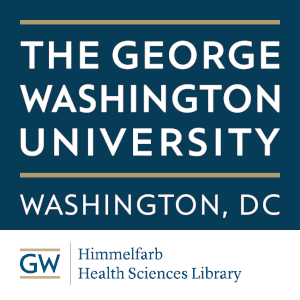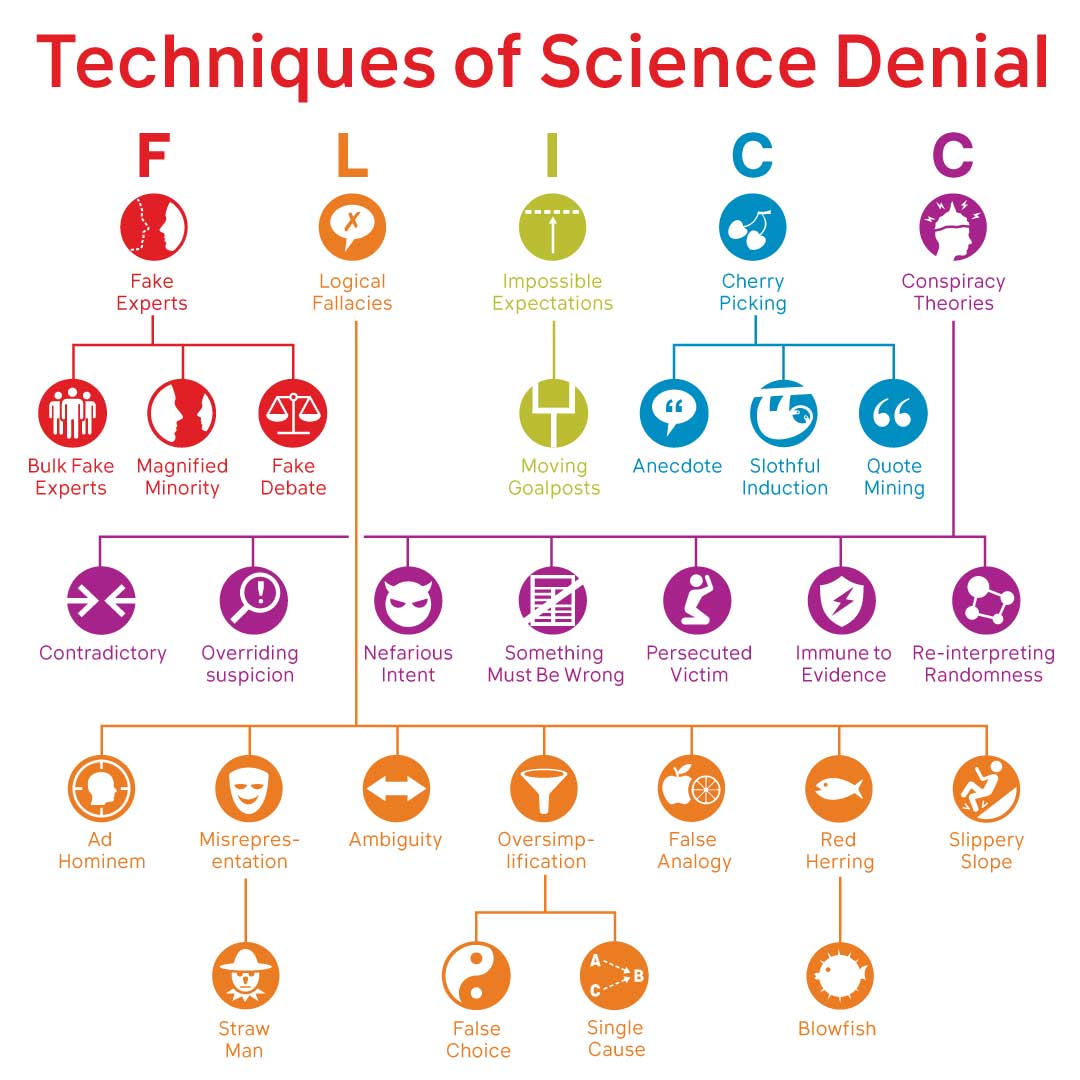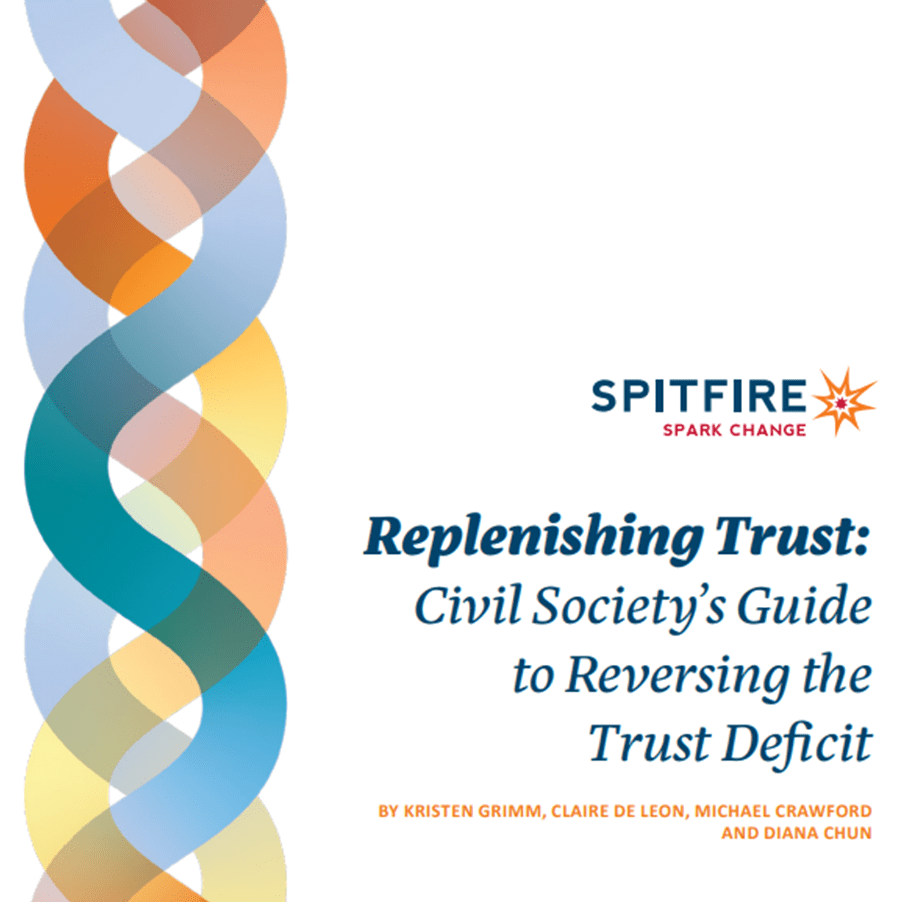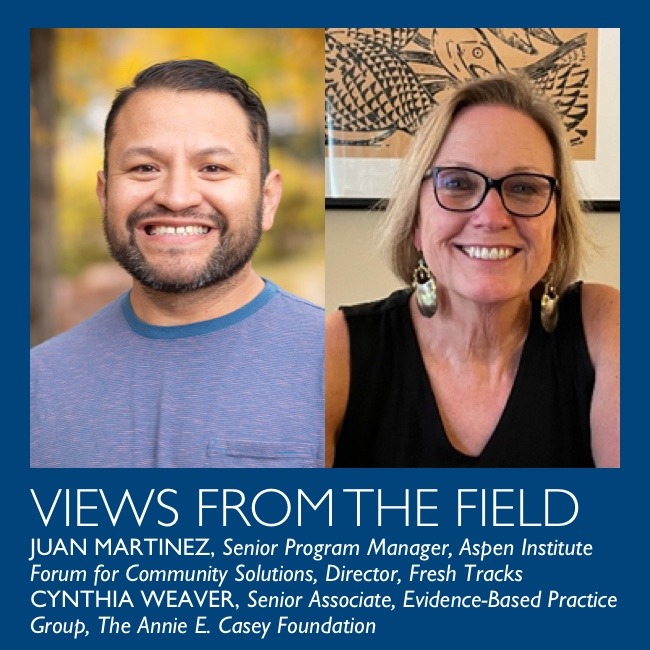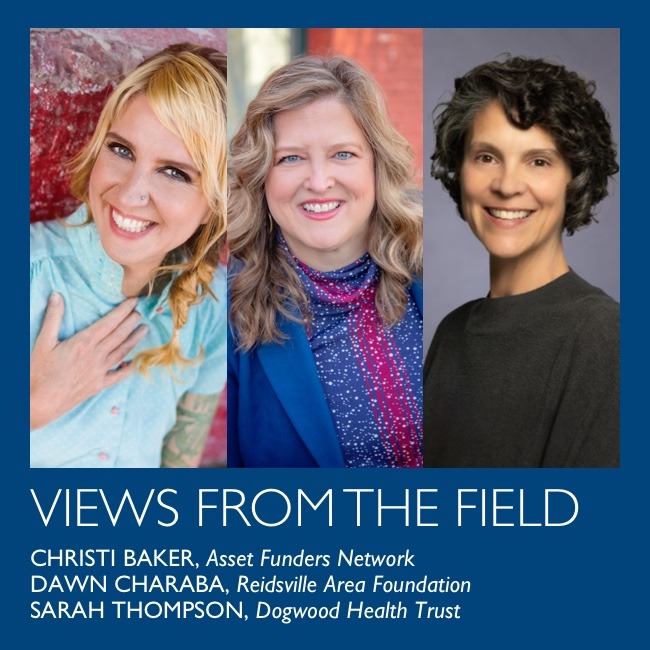Press Forward
Press Forward is a growing coalition of funders who are pooling together their funds to support local news.
Inclusive Communication Principles
CDC’s guiding principles to promote an equity-centered approach to public health communication.
Correcting Misinformation with Patients: Resources, Guides, and Strategies
George Washington University assembled various resources on correcting misinformation with patients, including videos, podcasts, additional reading, and recommended courses.
Health Misinformation
The University of Minnesota compiled information and resources about health misinformation. Topics include the historical basis for misinformation, types of health misinformation, psychology of misinformation, common types of misinformation (venues or tactics), how to talk about misinformation, how to critically evaluate information, infographics on fake news/misinformation, videos on mis/disinformation, games for how to spot fake news or misinformation, and toolkits and handbooks.
Replenishing Trust: Civil Society’s Guide to Reversing the Trust Deficit
This report reviews social science and contains interviews with researchers and organizational leaders to provide readers with promising practices to try to increase trust.
Featured Public Statements – February 2024
We have compiled a collection of public statements from foundations to provide communications staff with examples of responses to various issues.
Featured Public Statements – January 2024
We have compiled a collection of public statements from foundations to provide communications staff with examples of responses to various issues.
Philanthropy’s Impact on Health Care Systems: Supporting the Creation of a Community-Health Worker-Based Chronic Care Management Model in Appalachia
Guided by its mission of “helping people help themselves,” the Claude Worthington Benedum Foundation strategically invests in the creative problem-solving activities of local communities and individuals. For the past decade, the Benedum Foundation has accomplished this mission in its support of a particular health care delivery model: efficient chronic disease management through a medical model leveraging the skills of community health workers in Appalachia. This model provides unique patient care, has shown success for improving the health conditions of a target population, and reduced health care costs—accomplishments that align with the Institute of Health Improvement’s Triple Aim framework.
Engaging Youth to Guide Research on Their Own Well-Being
In 2019, the Annie E. Casey Foundation’s Equity and Inclusion unit hosted a convening with young people from Black, Latinx, and American Indian/Alaska Native (AIAN) cultural affinity groups, along with adults who support the work and leadership of these youth and young adults. The young participants, many of whom were from the Aspen Institute’s Fresh Tracks program, expressed the need for young leaders to be the ones defining youth well-being and finding solutions that help their own communities support the well-being of young people.



